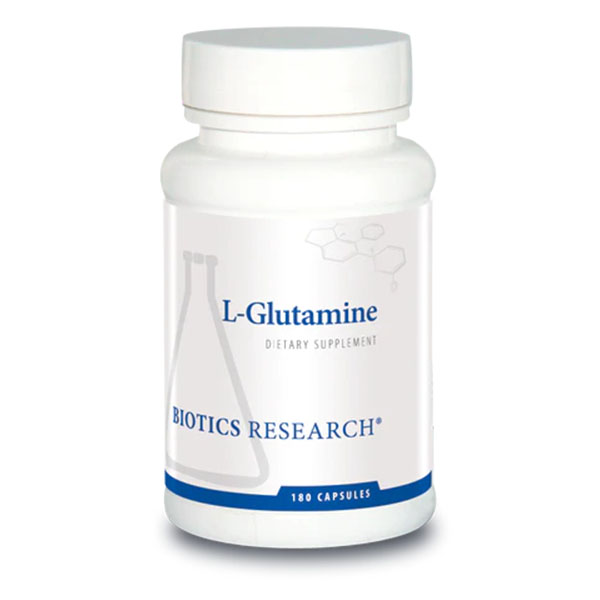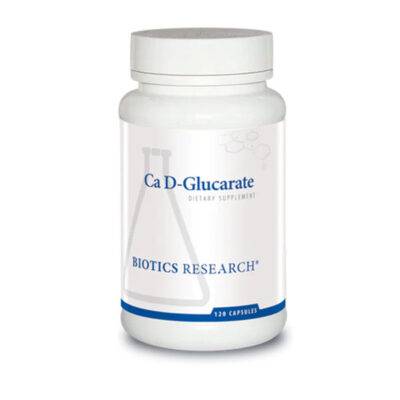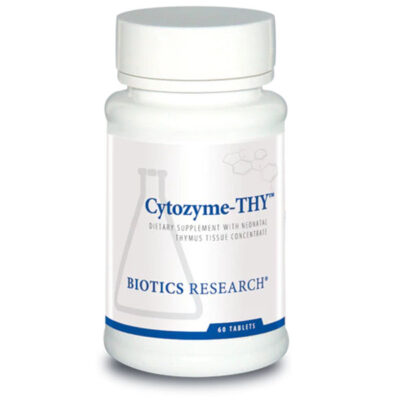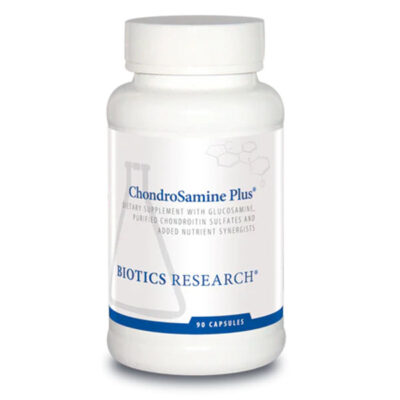L-GLUTAMINE CAPSULES (Free-Form Amino Acid – Muscle & GI Repair) – 180 Capsules
*** Please Login or Register with DC Nutrition to see Prices and Add To Cart. ***
Login | Create An Account / Register
L-Glutamine (Glutamic Acid) is the most abundant amino acid found in human muscle and plasma. Over 60% of the free-floating amino acid pool in skeletal muscle cells is made up of L-Glutamine. It is also a primary nitrogen donor, meaning that it moves the nitrogen around in the body to where it is needed. Maintaining a positive nitrogen balance is absolutely necessary for muscle building.
L-Glutamine was once considered a non-essential amino acid because the body can make its own from the amino acids glutamic acid, isoleucine and valine. Recently, however, is has become known as a conditionally essential amino acid because in times of physical stress, such as intense exercise and surgery, the body requires more of it to maintain its glutamine stores in blood and muscle. When glutamine stores are depleted, you may experience decreases in strength, stamina, and recovery.
It is not recognized as an essential amino acid but may become "conditionally essential" in certain situations, including intensive athletic training or certain gastrointestinal disorders. In recent studies, glutamine-enriched diets have been linked with intestinal effects including maintenance of gut barrier function and cell differentiation. This may relate to the fact that the intestinal extraction rate of glutamine is higher than that for other amino acids, and is therefore thought to be the most viable option when attempting to alleviate conditions relating to the gastrointestinal tract. These conditions were discovered within the gut between glutamine-enriched and non-glutamine-enriched diets. However, even though glutamine is thought to have "cleansing" properties and effects, it is unknown to what extent glutamine has clinical benefits, due to the varied concentrations of glutamine in varieties of food.
Glutamine & Crohn's Disease
Supplementing with glutamine may also help with Crohn's disease, this chronic inflammatory disease can affect all parts of the digestive tract from the mouth to the anus (the last part of the small intestine is affected in 50% of all cases).
Some cases are not as severe and those suffering from Chron's Disease have alternating periods of relative health, while other more severe cases have continuous symptoms ranging from inflammation to rectal bleeding. In most cases the disease starts early in life, children with Chron's disease may experience delayed development and stunted growth.
The most common symptoms of Chron's disease are constant abdominal pain (often in the lower right area) and diarrhea, caused by the inflammation. Other symptoms include fever, weight loss and rectal bleeding, which if persistent, leads to anemia.
Though there are no proven theories to date regarding the cause of Crohn's disease, the most popular theory is that the ongoing inflammation in the intestines is the body's immune system reacting to a bacteria or virus. However, doctors are not certain whether the immune system abnormalities associated with Crohn's are a result, or the cause, of the disease.
Glutamine & Inflammatory Bowel Disease
People with severe gastrointestinal problems, such as inflammatory bowel disease (IBD) may also benefit from supplementing with glutamine. IBD is a gastrointestinal problem that causes a breakdown in the intestinal mucosa, inflammation, and infection.
A study by British and Canadian investigators treated IBD patients with liquid diets containing small amounts of glutamine. After 2 weeks they found that most patients participating in the study no longer had diarrhea and abdominal pain.
Symptoms also improved for other patients who were treated with altered diets and glutamine.
Glutamine & Intestinal Repair
It has come to light within the last 15 years that L-Glutamine plays a very important role in the intestines. Scientists are now trying to understand how this discovery relates to caring for sick individuals.
They once believed that the intestines should not be used during illness or after surgery so that they could repair themselves. We now understand that when an individual doesn't eat, the cells lining the intestines (the mucosal cells) deteriorate from the lack of stimulation they normally get from digesting food. This lack of digestive stimulation combined with a deficiency in glutamine, cause the tissue that is lining the intestines to become thin and exposed.
So attempting to allow the gut to repair itself by withholding food has the opposite effect. Rather than being repaired, the intestine is injured. Bacteria penetrates the intestinal wall and enters adjacent tissue, and can enter the bloodstream.
PRODUCT DESCRIPTION
L-GLUTAMINE
**Each capsule supplies:
Glutamine (as L-Glutamine) 500 mg
(Nonhydrolyzed, naturally produced free-form
L-Amino Acid)
RECOMMENDATION: One (1) capsule one (1) to three (3) times daily as a dietary supplement or as otherwise directed by a healthcare professional.
Contains: 180 Capsules
Product #: 5211
NDC: 55146-05211






Reviews
There are no reviews yet.